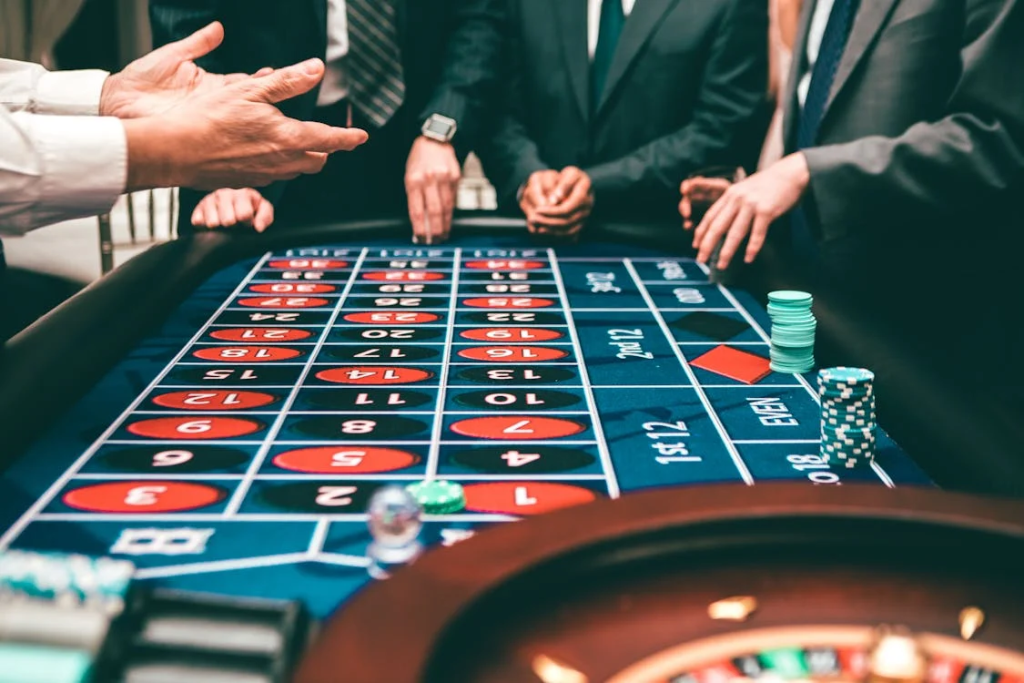Gambling has been a part of human culture for centuries, and with it comes a rich tapestry of folklore, superstitions, and rituals. These beliefs and practices are often rooted in the desire to influence luck and improve odds, even though the outcome of most gambling activities is inherently random. Whether at a local casino or online on platforms like Parimatch, gamblers worldwide adhere to various superstitions and rituals to enhance their bet experiences.
The Power of Superstitions
Superstitions in gambling are as varied as the games themselves. Many gamblers believe that their actions, attire, or even the timing of their bet can influence the outcome of a game. These beliefs often stem from cultural traditions, personal experiences, or simply the need to exert some control over an unpredictable situation.
Gamblers worldwide embrace various superstitions, believing they can influence their luck. Many wear specific outfits or colors they consider lucky, hoping to enhance their chances. They often avoid unlucky numbers, like 13 in Western cultures, to steer clear of misfortune.
Carrying lucky charms, such as rabbit’s feet, four-leaf clovers, or lucky coins, is another common practice aimed at attracting good fortune. Knocking on wood is a frequent ritual performed to prevent bad luck from occurring, while crossing fingers is a gesture used to wish for positive outcomes. These superstitions reflect the profound belief in luck within the gambling community.
Rituals: Enhancing the Odds
In addition to superstitions, many gamblers perform specific rituals to try and influence their luck. These rituals can range from simple acts to elaborate ceremonies, each with its own significance and intended effect.
Popular Gambling Rituals
Here are some common rituals practiced by gamblers around the world:
- blowing on dice — many believe that blowing on dice before a roll can bring good luck;
- stacking chips in a particular way — arranging chips in a specific order or pattern is thought to influence the outcome of bets;
- entering a casino through a particular door — some gamblers always enter or exit a casino through the same door for good luck;
- using the same slot machine — sticking with one slot machine, especially if it has previously paid out, is a common practice;
- touching the table — in games like poker or blackjack, touching the table before making a move is believed to transfer good luck.
These rituals, whether simple or complex, provide gamblers with a sense of control and hope for favorable outcomes.
Cultural Variations in Gambling Superstitions
Gambling superstitions and rituals can vary significantly across different cultures. What is considered lucky in one culture might be seen as unlucky in another. Understanding these cultural nuances can provide a broader perspective on the global gambling community.
Here’s a look at some regional variations in gambling superstitions.
| Region | Superstition |
| Western | Avoiding the number 13, crossing fingers for luck |
| Asian | Favoring the number 8 for its association with prosperity, avoiding the number 4 due to its link with death |
| Middle Eastern | Using prayer beads for luck, avoiding gambling during certain religious periods |
| African | Consulting traditional healers for luck, using specific herbs or potions |
| Latin American | Believing in the power of certain saints, using talismans or amulets for protection |
These cultural differences highlight the diverse ways in which luck and superstition are perceived in the gambling world.
The Psychological Aspect
While superstitions and rituals may seem irrational to some, they serve an important psychological purpose for many gamblers. Engaging in these practices can provide a sense of comfort and control in an otherwise unpredictable environment. This psychological aspect can significantly impact a gambler’s confidence and overall experience.
Superstitions and rituals provide psychological benefits that contribute to their persistence within the gambling community. By offering a sense of control, these practices help reduce anxiety, making gamblers feel more at ease.
Additionally, the belief in good luck can enhance a gambler’s confidence, encouraging them to take risks they might otherwise avoid. Rituals also aid in maintaining focus and a positive mindset, which are crucial for successful gambling.
Furthermore, following cultural superstitions fosters a connection to one’s heritage and community, reinforcing a sense of tradition. The placebo effect associated with superstitions can lead to improved performance and better outcomes, underscoring their significance in the gambling world.
Conclusion
Superstitions and rituals play a significant role in the world of gambling, providing gamblers with a sense of control and comfort. Whether it’s wearing lucky clothes, blowing on dice, or entering a casino through a specific door, these practices reflect the deep-seated human desire to influence luck and outcomes.
Understanding and respecting these beliefs, regardless of their rationality, is an integral part of the gambling experience. For those looking to bet, embracing a bit of folklore might just enhance the excitement and enjoyment of the game.
In conclusion, whether these beliefs and practices hold any real power is a matter of personal belief, but their impact on the gambling experience is undeniably significant. Embracing the folklore of gambling can add an extra layer of intrigue and enjoyment to the game.


